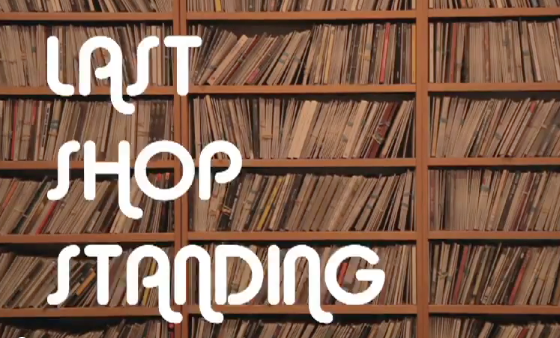
It’s September 11, and what could be a better commemoration of that tragic event than… (unrelated) conspiracy theories! I should rephrase; it’s dismissive of me to refer to this as a “conspiracy theory.” The idea that the music industry tried to push the prominence of CDs by deliberately decreasing the quality of vinyl records during the 80s seems to be more within the realm of reasonable speculation than anything fantastic.
From an anecdotal perspective, it seems taken for granted that the quality of vinyl records decreased markedly during the 80s, just as the manufacturing of CDs started to begin en masse. The documentary Last Shop Standing, about the “rise, fall and rebirth of the independent record shop,” takes things a bit further, with Graham Jones, author of the book “Last Shop Standing,” interviewing several music store owners who believe that the diminished quality was, in fact, intentional.
According to Music Week, Jones had this to say: “If you go back to the Eighties as well, the vinyl that we had was all recycled vinyl. So the actual quality of vinyl recordings had started to diminish. The records were thinner and more flimsy. Everything was designed for us to switch our music collection over to CD.”
Gary Smith, manager of Truck Store, an independent music shop in Oxford, UK, corroborates the poor quality of 80s vinyl: “Certainly when I began in the early 80s we would get people bringing in five or six copies of the same album back because there’d be a fault in the vinyl. The 70s vinyl seemed to be fine and the 60s vinyl was fine, it’s just that the stuff in the 80s was really thin and not very good quality.”
Attempting to counter these claims of a conspiring music industry cabal was BPI chairman Tony Wadsworth, who told Music Week, “One of the themes that was only touched on in the film was that labels drove out vinyl, which is frankly absurd. Whenever I’ve worked for record labels, if something has a demand, you meet that demand, you don’t stop making stuff for which there is still a demand.”
Of course, the question isn’t entirely one of meeting demand, but whether labels tried to influence demand by degrading the quality of a not-so-contemporary medium. It might’ve simply been a case of shifting resources, or there might’ve been something more nefarious going on. Debate amongst yourselves.
• Last Shop Standing: http://lastshopstanding.com